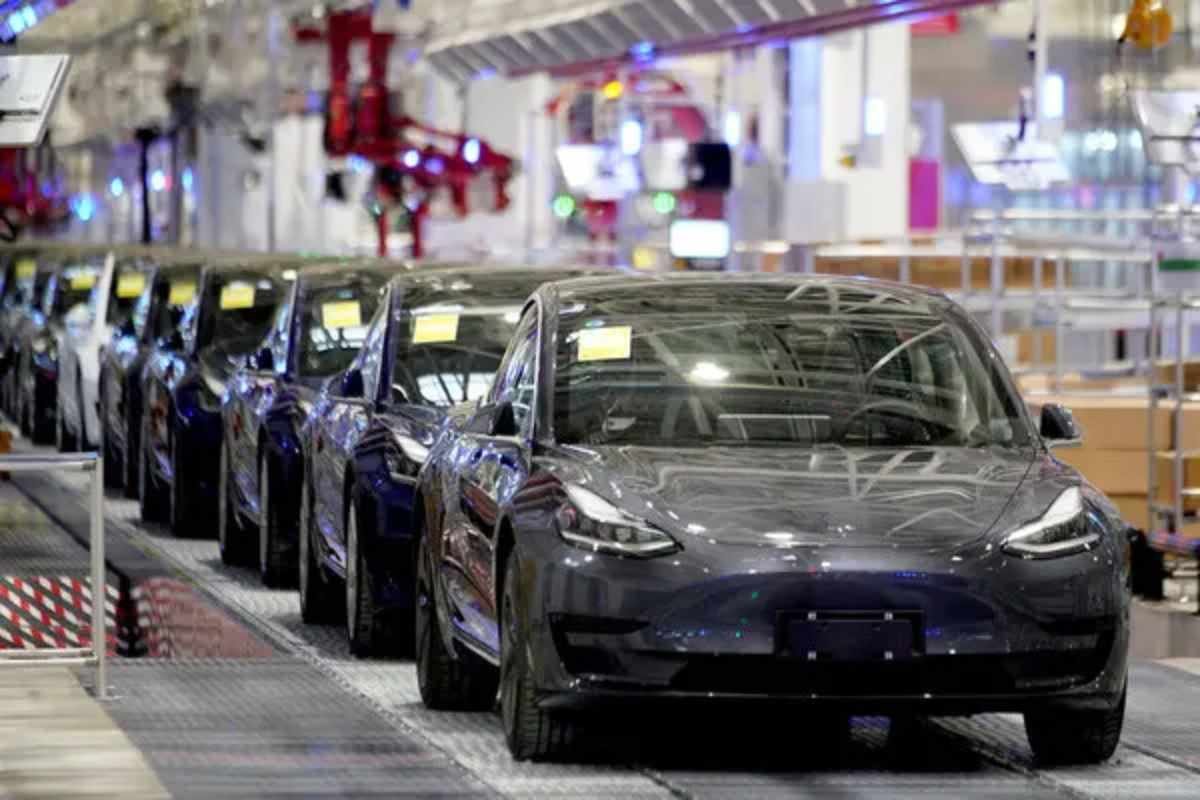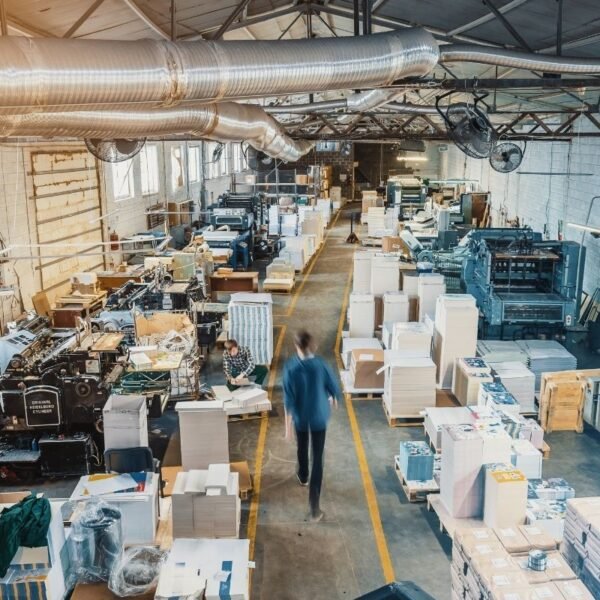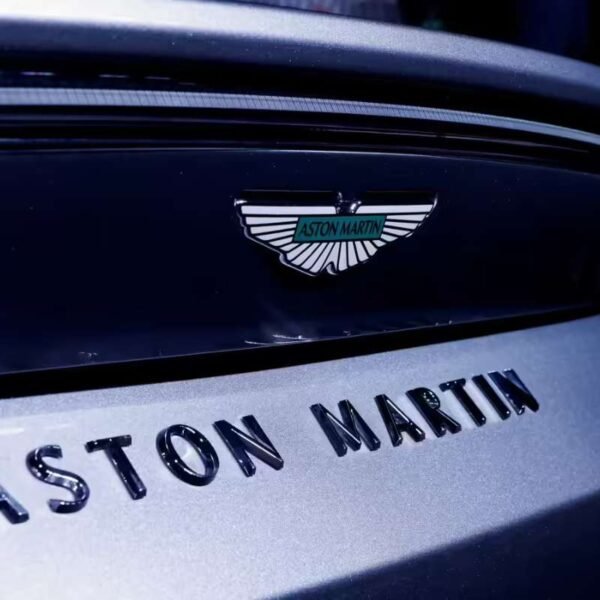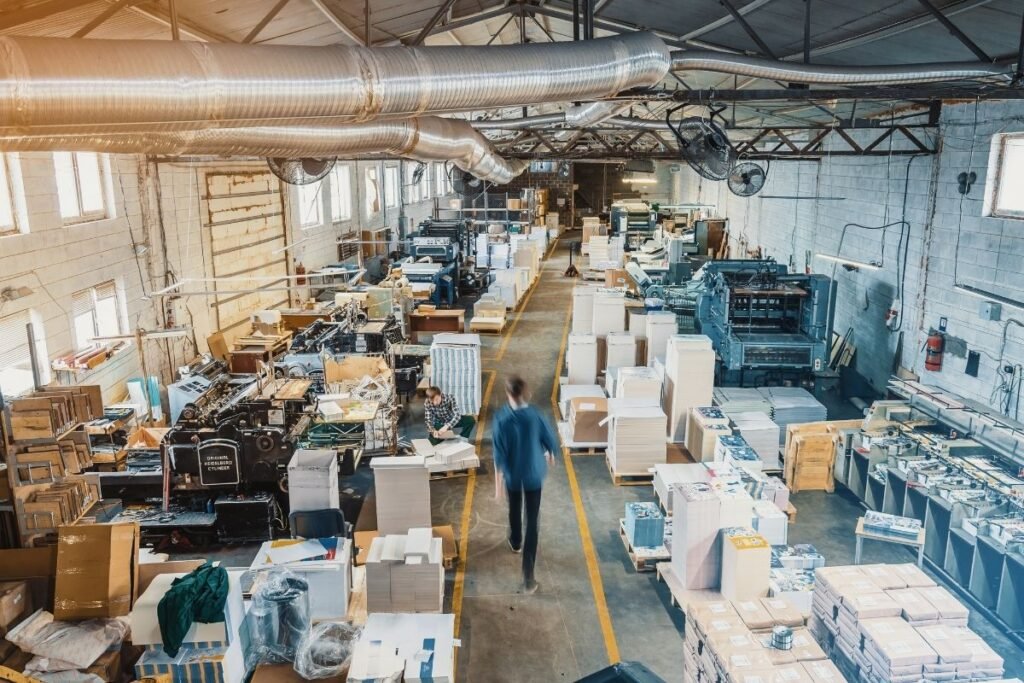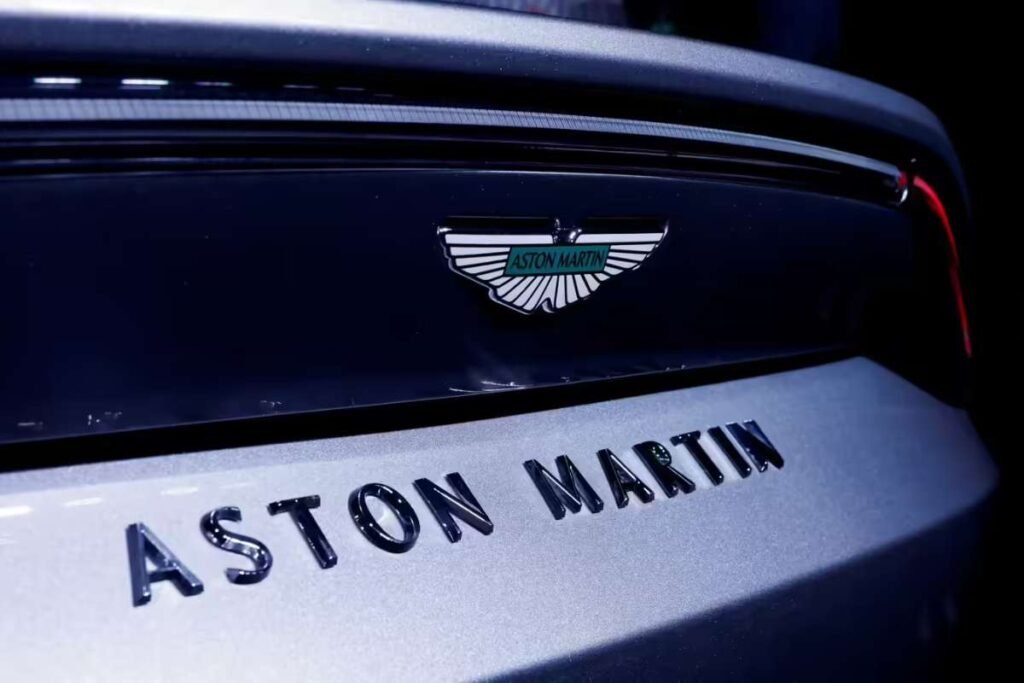Source – google.com
In a significant policy shift, the European Union announced on Tuesday a reduction in the planned tariffs on Tesla vehicles imported from China. The new tariff rate will be set at 9%, a substantial decrease from the previously proposed rate of 20.8%. The decision also impacts other electric vehicle (EV) manufacturers, leading to a series of revised import duties.
Revised Tariff Rates for Electric Vehicles
The European Union’s move comes after it initially proposed higher tariffs on Chinese EV imports, citing concerns over unfair subsidies that allegedly give Chinese manufacturers an economic advantage and pose a threat to European EV producers. The European Commission, the executive arm of the EU, had previously identified the Chinese battery-electric vehicles (BEV) sector as benefiting from substantial state subsidies, prompting a call for provisional countervailing duties.
On Tuesday, the Commission revealed a draft decision to impose definitive countervailing duties on BEV imports from China. Following a review of feedback from interested parties, the EU decided to adjust the proposed duty rates. Tesla, which had requested a recalculation of tariffs to reflect specific subsidies it receives in China, will benefit from a reduced individual duty rate of 9%.
Impact on Tesla and Other Manufacturers
Tesla shares saw a positive reaction in U.S. morning trading, rising more than 1% following the announcement. The reduction in tariff rates for Tesla aligns with a “substantiated request” made by the company, which argued for a recalculation of the tariffs based on its unique circumstances.
Other major Chinese EV manufacturers also saw adjustments in their tariff rates. BYD, supported by Warren Buffett, will see its rate decrease from 17.4% to 17%. Geely’s tariff is reduced from 19.9% to 19.3%, and SAIC’s rate falls from 37.6% to 36.3%. These adjustments reflect the EU’s consideration of comments received during the review process.
EU slashes planned tariff on Tesla’s China-made EVs to 9% | REUTERS
Tariffs for Non-Cooperating and Other Companies
For companies that cooperated with the European Union’s investigation into China’s EV subsidies, tariffs will be set at 21.3%. This is a slight increase from the 20.8% rate proposed earlier in July. Companies that did not engage with the EU’s probe will face higher tariffs of 36.3%, down from the previously planned rate of 37.6%.
The European Union’s decision underscores its commitment to addressing trade imbalances and ensuring fair competition in the electric vehicle market. As the situation develops, both European and Chinese EV manufacturers will need to navigate the evolving regulatory landscape and its implications for their business operations.

